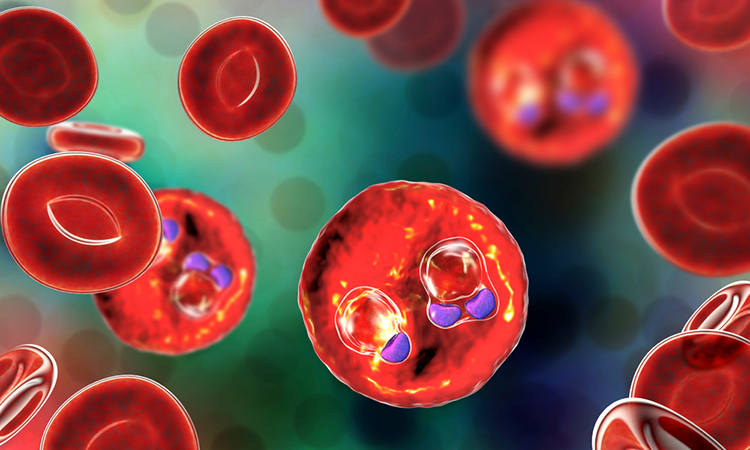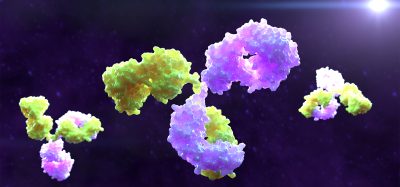Scientists design new drug compound to combat malaria
Posted: 12 May 2021 | Victoria Rees (Drug Target Review) | No comments yet
Researchers have developed a set of compounds designed to stop the malaria parasite being able to burst out of red blood cells and replicate.


Researchers have designed a drug-like compound which effectively blocks a critical step in the malaria parasite life cycle. The team from the Francis Crick Institute, UK, and the Latvian Institute of Organic Synthesis are now working to develop this compound into a potential first of its kind malaria treatment.
In their research, the scientists developed a set of compounds designed to stop the parasite being able to burst out of red blood cells, a process vital to its replication and life cycle. They found one compound in particular was highly effective in human cell tests.
“Malaria parasites invade red blood cells where they replicate many times, before bursting out into the bloodstream to repeat the process. It is this cycle and build-up of infected red blood cells which causes the symptoms and sometimes fatal effects of the disease,” said Mike Blackman, lead author and group leader at the Crick. “If we can effectively trap malaria in the cell by blocking the parasite’s exit route, we could stop the disease in its tracks and halt its devastating cycle of invading cells.”
Biomarkers are redefining how precision therapies are discovered, validated and delivered.
This exclusive expert-led report reveals how leading teams are using biomarker science to drive faster insights, cleaner data and more targeted treatments – from discovery to diagnostics.
Inside the report:
- How leading organisations are reshaping strategy with biomarker-led approaches
- Better tools for real-time decision-making – turning complex data into faster insights
- Global standardisation and assay sensitivity – what it takes to scale across networks
Discover how biomarker science is addressing the biggest hurdles in drug discovery, translational research and precision medicine – access your free copy today
The compound works by blocking an enzyme called SUB1, which is critical for malaria to burst out of red blood cells. Existing antimalarials work by killing the parasite within the cell, so the researchers hope this alternative drug action will overcome the resistance the parasite has acquired.
Importantly, the compound is also able to pass through the membranes of the red blood cell and of the compartment within the cell where the parasites reside. The team is currently continuing to optimise the compound, making it smaller and more potent.
“Many existing antimalarial drugs are plant derived and while they are incredibly effective, we do not know the precise mechanisms behind how they work. Our decades of research have helped us identify and understand pathways crucial to the malaria life cycle allowing us to rationally design new drug compounds based on the structure and mechanism of critical enzymes like SUB1,” said Chrislaine Withers-Martinez, author and researcher at the Crick. “This approach, which has already been highly successful at finding new treatments for diseases including HIV and hepatitis C, could be key to sustained and effective malaria control for many years to come.”
The research was published in PNAS.
Related topics
Drug Development, Drug Discovery, Drug Leads, In Vitro, Molecular Targets, Target Validation
Related conditions
Malaria
Related organisations
Latvian Institute of Organic Synthesis, The Francis Crick Institute
Related people
Chrislaine Withers-Martinez, Mike Blackman








